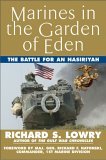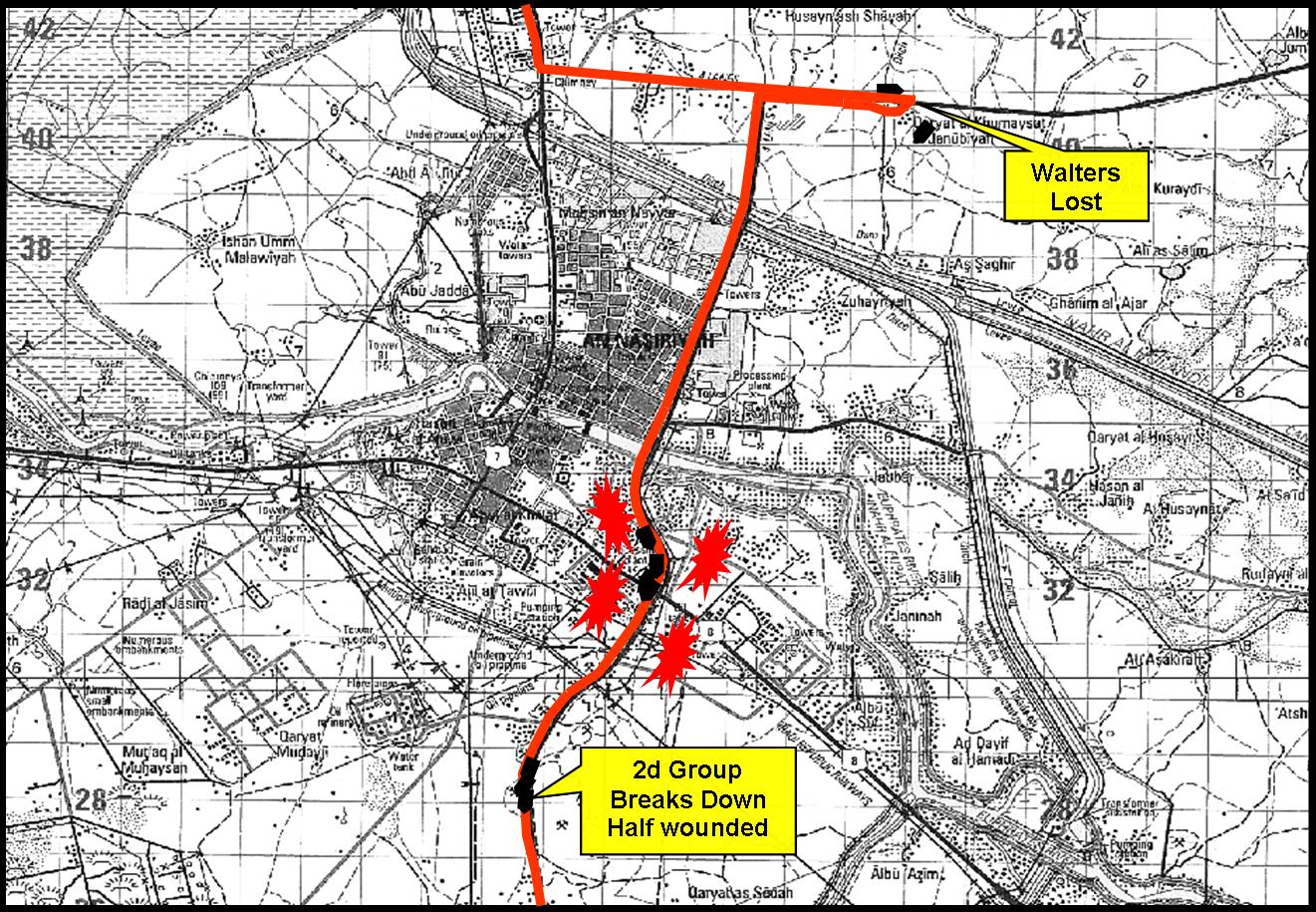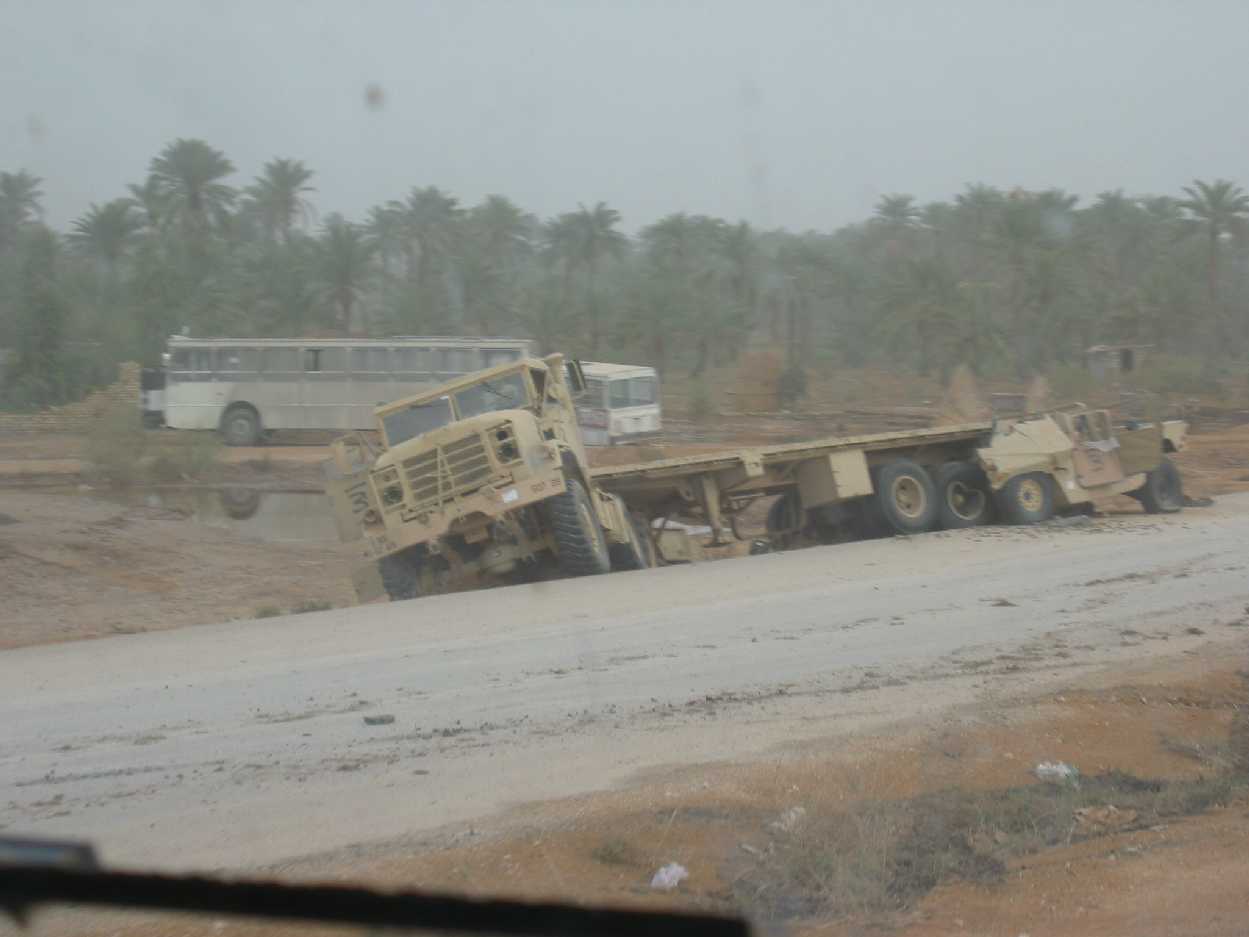World War Three Richard S. Lowry 7/12/06
In years gone by, when aggressors attacked their enemy, it was quite clear to everyone taking refuge in the castle that a state of war existed. Everyone knew that they were in peril. Today, we are fighting a war halfway around the World. Surely, our economy has been affected, but not enough for the American public to feel the pain of war. For us, the war on terror is a nightly news item and a political football to be kicked around in the nation's capitol and on news talk shows. Only the families and friends of our casualties feel the pain of this war. It wasn't until 9-11 that the American people were shocked into the reality that we were at war. It wasn't until those majestic buildings came crashing to the ground in a cloud of crumbling debris and broken bodies that we realized that we were vulnerable. We all woke up to the reality that there were people in the world that meant us harm, people who were dedicated to the destruction of our way of life. But, soon we forgot. Soon we let our comfortable lives lull us back into a sense of complacency and false security. Wake up America! Nothing has changed. Usama bin Laden is still out there. The Taliban continue to fight in Afghanistan and Americans are dying nearly every day in Iraq. Our struggle continues. Our enemies still plot our destruction and Israel is under siege. Bringing our troops home from Iraq will not change anything except to embolden our enemies. People who study history and warfare understand that the only way to win a war is to eliminate ones opponent's will to continue. Our enemies understand this as well. They know that America will lose heart and that we will eventually call for the withdrawal of our forces from the conflict in Iraq and Afghanistan. Our enemies know that it is only a matter of time until victory is theirs. What if we lose? What would happen if gasoline rose to $20 per gallon? How many Americans would lose their jobs? How many small businesses would go under? What would happen to our economy? Who in this World would come to our aid if our economy were thrown into chaos? And, who would stop the Islamic Fundamentalists from oppressing women, destroying Israel and returning much of the eastern world to the Stone Age? If you are anti-war, you should be cheering for our victory in Iraq. If we lose, war the likes of which the world has never seen will break out when the fanatic factions in the Middle East attempt to wipe out Israel - and they will. We are surely in the midst of World War Three and we must win this conflict or Armageddon will surely follow.
An Nasiriyah Revisited It is hard to believe that it has been three years since Jessica Lynch and the 507th Maintenance Company rolled through the dusty streets of An Nasiriyah on March 23, 2003. Eleven of Jessica's fellow soldiers were killed that morning, five were captured and a dozen more injured. Lynch was critically injured and near death when she was brought into a military hospital near the site of her ambush. Within hours of the ambush, the North Carolina Marines of Task Force Tarawa moved to secure the bridges in An Nasiriyah. LtCol Rickey Grabowski's 1st Battalion, of the 2nd Marine Regiment rolled into the city and encountered stiff resistance. By midmorning they had rescued nearly half of the soldiers who had been ambushed and by noon the Marines were charging forward through a hail of RPGs, AK-47 gunfire, mortar and artillery barrages. By sunset, Grabowski's Marines had secured their objectives but at a terrible cost. Eighteen of America's finest died and another dozen were wounded. In all, twenty-nine Americans died that day in An Nasiriyah. Their story has never really been told. Initially, the situation in Nasiriyah was so confusing that no one knew the connection between the 507th Maintenance Company and the brave Marines of the 2d Marine Regiment. At first, Jessica's capture was kept quiet for fear that the enemy would move her and most of the Marines who died that day could not be identified without extensive DNA analysis. As the days and weeks passed, the news media moved on to Lynch's rescue and then the fall of Baghdad. When the Department of Defense finally sorted things out and released the names of the Marines and soldiers who died that day, the media took very little interest. No one ever realized that that bloody day in Nasiriyah, on March 23rd, was the costliest day of combat for America in the invasion of Iraq. These twenty-nine American soldiers and Marines were never given a fitting tribute to the ultimate sacrifice they made while in the service of their country. Before sunrise on the 23rd on March 2003, thirty-three soldiers, traveling in eighteen trucks, stumbled into the dusty desert city of An Nasiriyah. It wasn't until they had driven all the way through the city that they realized that they were hopelessly lost. As soon as they turned around and tried to retrace their path, every Iraqi with a gun started shooting at the beleaguered convoy. The lead three vehicles managed to run the gauntlet and get back to the U.S. Marines' front lines. The next five vehicles broke down and ten soldiers scrambled for cover in a nearby ditch. Surrounded, they each vowed to go down fighting. They had fought to hold off the enemy for nearly an hour, when Major Bill Peeples and the Marine tankers of Alpha Company, 8th Tanks arrived to save the day. The Marines beat back the enemy and rushed the ten soldiers to safety. The remaining seventeen soldiers were not so fortunate. Eleven were killed and six captured. Specialists Jamaal Addison and James Kiehl both died when their vehicle careened through an intersection and rolled over on its top. Private First Class Howard Johnson II and Private Ruben Estrella-Soto's truck crashed at the same intersection. Sergeant Donald Walters was lost north of An Nasiriyah when his vehicle broke down. He leapt from his disabled vehicle and laid down covering fire so that the rest of his unit could turn their vehicles and get out of a horrific ambush. Private Brandon Sloan was shot and killed while the vehicle he was in was racing south. Chief Warrant Officer Johnny Mata's truck shuddered to a stop atop a railroad overpass and burst into flames. Mata was killed, but his driver, Specialist Hudson, survived.
We know that Lori and Jessica survived the collision. It is not clear what happened to Buggs and Anguiano. When Patrick Miller approached the crash scene, he glanced in and thought everyone was dead. Hudson, Hernandez, Lynch, Miller, Piestewa, Riley, and Shoshana Johnson were all taken prisoner. Lynch and Piestewa were separated from the others and eventually ended up in the Tykar Military Hospital. Lori died while being treated, leaving Lynch alone and near death. The soldiers of the 507th Maintenance Company that were killed that day were from all walks of life and every corner of this nation. They were a swatch cut from the American fabric and some of the first to die in this protracted war. Lori Piestewa was an American Indian and single mother. Brandon Sloan and Robert Dowdy were both from Cleveland Ohio. Brandon, 19, had left high school early to join the Army, while Dowdy, 38, was a career soldier. James Kiehl, 22, was a friendly computer technician who left behind a pregnant wife. Buggs and Anguiano were not even members of the 507th. Dowdy had convinced them to take one of their vehicles in tow two nights before. Their tow truck ran out of gas north of An Nasiriyah and Dowdy, Piestewa and Lynch had picked them up.
By noon, the Marines were pressing north to secure two vital bridges in An Nasiriyah. The fighting started long before they reached the Euphrates River but it wasn't until they moved into downtown Nasiriyah that all hell broke loose. Alpha Company secured the Euphrates River Bridge while Bravo Company swung out to the east side of town. Charlie Company raced over the Euphrates River Bridge and charged through "Ambush Alley" to the Saddam Canal Bridge. Eighteen Marines died in Charlie Company's battle for that northern bridge. Donald Cline was a twenty-one year old husband and father of two young boys. Patrick Nixon loved history and wanted to eventually be a teacher. Phillip Jordan was a career Marine and loving husband and father. Fred Pokorney was a giant of a man who had just been promoted to 1st Lieutenant. Sergeant Michael Bitz was the father of two young boys and one-month old twins. David Fribley and Brian Buesing were both Florida natives. Fribley joind the Corps after 9/11 and Buesing had been in the Marines since he graduated from high school. Brendon Reiss was the son of a decorated Vietnam Veteran and Randal Rosacker was the son of a Navy Master Chief submarine sailor. Jose Garibay and Jorge Gonzalez were both from Southern California. Thomas Slocum was a 22 year old from Colorado and Nolen Hutchings was from South Carolina. They were both troubled teens that had worked to turn their lives around in the Corps. Tamario Burkett was a young Marine from upstate New York. Kemaphoom Chanawongse was born in Thailand and came to the United States at nine years old. He was the first to have a Buddhist funeral at Arlington National Cemetery. Johnathan Gifford wanted to be a Marine since he was a little boy. Michael Williams joined the Corps late in life. At 31, he was just a Lance Corporal but older than most of the young officers he worked for. On his trip over to Iraq, he emailed his girlfriend and asked her to marry him. Thomas Blair was not a member of Charlie Company. He was part of an anti-aircraft unit that had been assigned to Charlie Company. He too, went directly into the Marine Corps after high school graduation. Twenty-nine lives ended too soon on that clear Sunday
in March. Twenty-nine families grieve to this day. These soldiers
and Marines died before there was a daily box score in America's
newspapers. They have been buried under 2000 more stories. Donald
Cline and Michael Williams died because they chose to help their
wounded comrades. Read about these brave young men and women in the
only book to tell the entire story of America's first major battle
in Operation Iraqi Freedom - "Marines in the Garden of Eden,"
Berkley, New York, will be released on June 6, 2006. |
||
Designed and hosted by: Anders Johansson webservices



